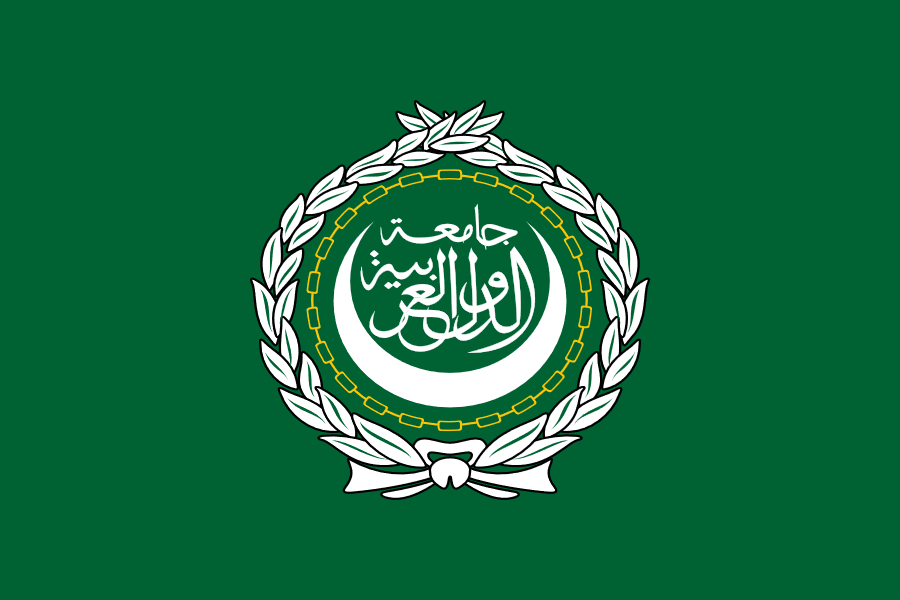Two speeches of late Tunisian President Habib Bourguiba have left a mark in the Arab world. The first was in Jericho, West Bank, in 1965, when he called on Arabs to implement United Nations Resolution 181 issued on Nov. 27 1947.
The second speech was delivered at le Palmarium in the presence of former Libyan leader Muammar Gaddafi, in 1972. He responded to Gaddafi’s proposal to unite the two countries by saying each of them should first unite their own states.
After the first speech, Bourguiba came under attack and Arab media described him as an agent who abandoned Palestine and betrayed the Arab nation. As for the second speech, Gaddafi and Bourguiba disregarded it and signed the Djerba Declaration on the unity of Tunisia and Libya.
In his speech in Jericho, Bourguiba was expressing the doctrine of his school, which he established and was among its first students and instructors – its main methodology was “Take and demand”. As for the second speech, it was based on the thought: “Be realistic and ask for the impossible”.
International developments have been huge and comprehensive in the past two decades. The Soviet Union collapsed as well as its Eastern Bloc, the communist military Warsaw Pact opposing NATO also disintegrated, the age of ideology vanished and the giant political and economic European Union emerged.
Military, fascist totalitarian regimes have also collapsed in Latin America and tiger economies emerged, leading to a renaissance in the global south. A new, national, democratic, powerful enlightenment movement began and the Revolutionary Left Wing relapsed. China appeared as an economic force invading the world with its cheap products, urging its citizens to head towards continents for investment and providing enormous aid to poor countries in Africa and Asia without having political ambitions.
Away from the illusion of Maoism, Deng Xiaoping’s philosophy was enough to wipe out the philosophy of Mao Zedong with one sentence: “It doesn’t matter whether the cat is black or white, as long as it catches mice”.
This was accompanied by the rise of what was known as the Asian Tigers that have occupied a significant position in the global economy. Comprehensive developments and economic and political blocs represented an alternative for the post-World War II maps and the end of the Cold War.
A new world was formed by the enormous technical revolution and the development of production. Years passed and changed everything: politics, economy, culture, education, technology and telecommunications. Some philosophies and methodologies showed up and altered the humanitarian mindset.
Economic coalitions were formed and military actions were remarkably abandoned amid the pursuit to achieve national ambitions and goals.
What have we achieved?
We haven’t well perceived what has happened, neither did we assess its influence. We didn’t import what would enrich us with this new formation or invent a new intellect that would pave the way to the new world. We didn’t reject any of our old thoughts nor did we plant seeds of new thoughts.
I believe that the Arab identity’s walls crumbled centuries ago although we seek cover under this slogan.
Humans grow like other creatures – the accumulation of experience, education and learning creates new entities and creatures – this is the secret behind the continuity of life.
If you had told a US citizen in 1970 that his country will be led by an African-American with a Muslim father, he would have been sarcastic. And if you had told another that a woman will run for the presidential elections and have good chances in winning, then he would have slapped you. The same thing would have happened if you had told a British citizen that a Muslim man will be the mayor of London.
Inter-Arab ties remained bound to dreamy intellect not realistic new standards. Slogans of unity were raised before the war was waged. The Arab League is one of the oldest regional entities but nothing in it has changed since its establishment in 1945 because the mind that established it has never developed.
If we start with the implementation of the good neighborliness policies and then move to developing trade exchange, then a new phase of bilateral thinking would emerge, leading to tangible results.
The mentality of remains is what made the distance between Gaza and the West Bank longer than that between them and Tel Aviv.
